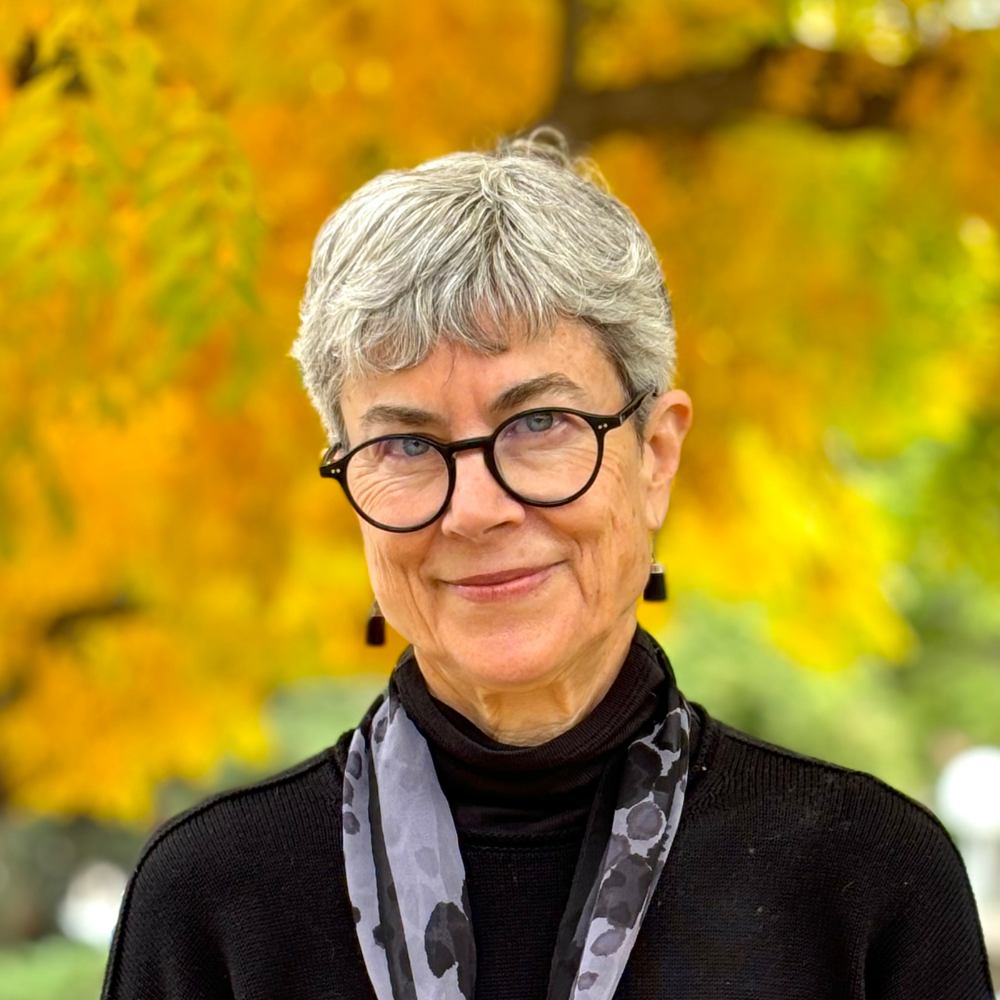Commentary on 1 Thessalonians 2:9-13
In my experience, it is rare to hear a preacher on a Sunday morning who is willing to tackle an Epistle of Paul.
The result is that very few Christians today have the chance to be formed by Paul’s teaching on a regular basis, even though letters like his were apparently the first type of literature that Christians were concerned to write, to read aloud, to memorize and pass on to others. Paul had only recently left Thessalonica when he wrote this letter, and it still contains the buzz and energy of his engagement with this relatively new assembly of Christ-believers (1 Thessalonians 1:5-6, 2:1-9). The task of the preacher, then, is to help present-day Christians come into contact not only with the letter, but with the flesh-and-blood people whose lives and commitments shaped it.
Unfortunately, in the portion we hear today, Paul begins with the kind of statement that most irks contemporary western readers: he talks about himself as a model of faithfulness. But to be fair, he also speaks about the Thessalonians as equally worthy of emulation.
The embodied word
Yet behind Paul’s unabashed willingness to serve as a model for others is something taken for granted in his day and much needed in ours: the foundational understanding that the Gospel of Christ is not a set of ideas about Jesus or about God, but rather a set of embodied commitments to be a Word of God in one’s own context, however difficult (1 Thessalonians 2:13).
- Even the letter itself was a physical and social event, as it was dictated by a small group of people (Paul, Silvanus, and Timothy, 1 Thessalonians 1:1) in conversation with a paid scribe.
- Then the letter would be carried by a member of the community who could also interpret or explain it if necessary.
- And of course, it would be read aloud to the gathered community, who no doubt asked questions and made comments during the reading.
As you read, note the ways in which the letter is written to heighten the sense of physical presence of the authors with the community of hearers, even as their separation from one another is lamented (1 Thessalonians 2:17-20). In today’s passage, Paul says, “You remember…,” “You are witnesses…,” “You know…” (1 Thessalonians 2:9-11). In doing so, he summons up the power of their lived experience from when he was with them: what courage, honesty, and guilelessness look and feel like in daily exchanges of kindness and self-offering.
Called to humility
And just as Paul used a surprising image for his relationship with the Thessalonians earlier (the wet-nurse of 1 Thessalonians 2:7), he once again seeks out images of profound and humble service. He describes the manual work he did to support himself during the mission as “labor and toil.” His language is so vivid that the reader can almost recall the smell of him after a long day’s work.
Recent scholarship on the economic realities of the earliest Christians in Macedonia has shown that landless craft-workers like Paul worked extremely hard to make a meager living, just as he suggests, and that this way of earning an income was not one that was particularly respected.1 It appears that he has taken on this way of life as a choice, in order to live into the calling to mission that God has laid upon him.
Though it might seem on the surface that describing himself as the “father” of the Thessalonians was a bid for honor, the actions he chooses to enumerate as fatherly are not typical of a Greco-Roman patriarch: urging, encouraging, pleading (1 Thessalonians 2:12). The last word, translated as “pleading” in the NRSV is, in Greek, martyromenoi (witnessing), another reminder of how significant is the sense of physical presence in this letter.
The logos of God
On reading all of 1 Thessalonians, it is clear that the true power behind all that is life-giving is God. So, it is fitting that today’s lection, short as it is, end not with Paul, but with God, “who calls you into his own kingdom and glory” (1 Thessalonians 2:12). 1 Thessalonians 2:13 is a challenge to preachers: “when you received the word of God that you heard from us, you accepted it not as a human word but as what it really is, God’s word, which is also at work (energeitai) in [among] you believers.”
The Greek word logos (word) is a relative of the English word “logic,” and has to do not only with God’s words, but with God’s whole way of reasoning, God’s practical wisdom as it can be discerned over time. God’s word can actually be observed at work among people, enabling them to live with embodied faith, courageous hope, self-offering love. In this final sentence we arrive at the wide frame in which Paul’s labor and toil, his nursing and fathering, his Gospeling and encouraging make sense: the plan of God, on the one hand inexpressible, but on the other hand observable in the lives of ordinary people who allow the word of God to be at work among them.
This short passage is important for helping contemporary Christians move beyond the understanding of faith as an idea or a set of beliefs into the challenge of faith as a practice, a way of living in community with others. Just as Paul uses himself and others as models, the passage might inspire the preacher to seek out ordinary people among whom God’s word is clearly “at work.” Paul offers pointers to the kinds of evidence one might seek: humility, honesty, guilelessness, willingness to work hard at tasks that do not command others’ respect, willingness to share deeply of oneself, courage to take risks for the Gospel, all grounded in a foundation of complete trust in God.
Notes
1. See, for example, Peter Oakes’ chapter, “The Economic Situation of the Philippians Christians,” in The People Beside Paul: The Philippian Assembly and History from Below, edited by Joseph A. Marchal, 63-82 (Atlanta: Society of Biblical Literature, 2015).


November 5, 2017